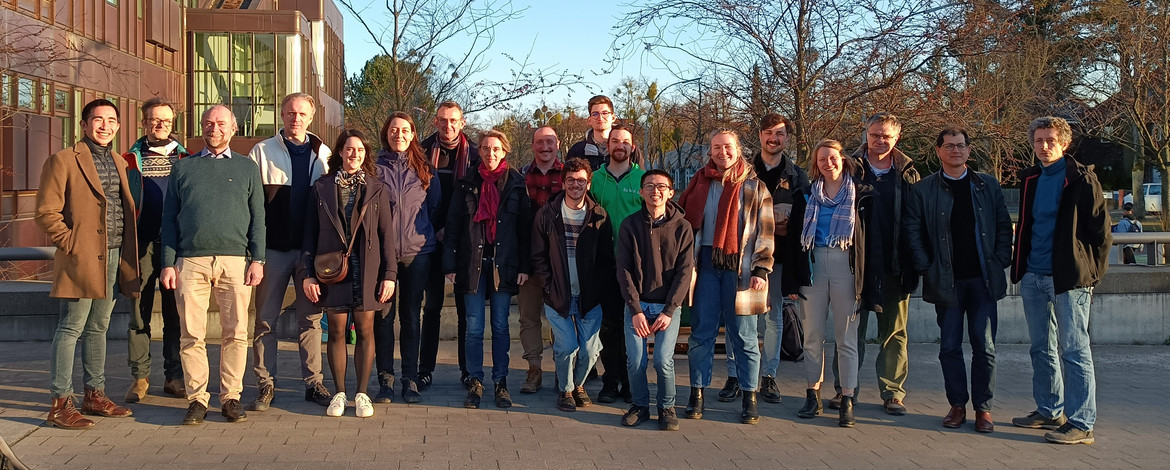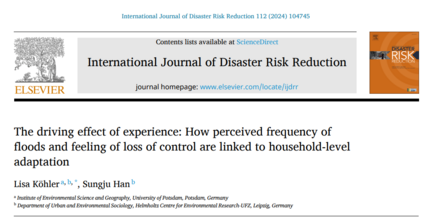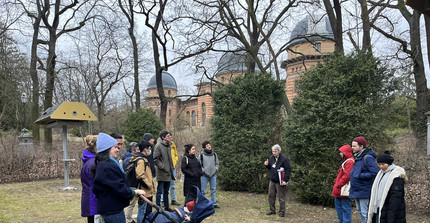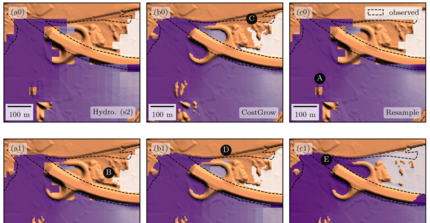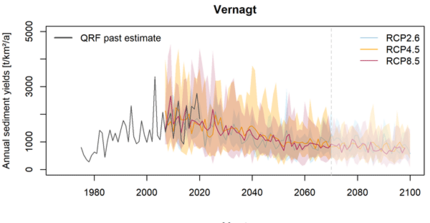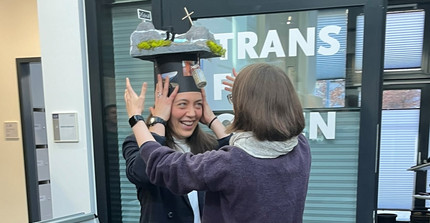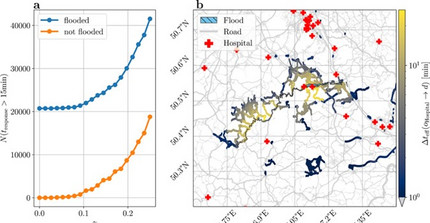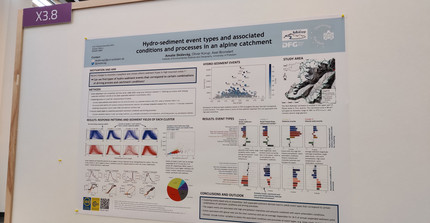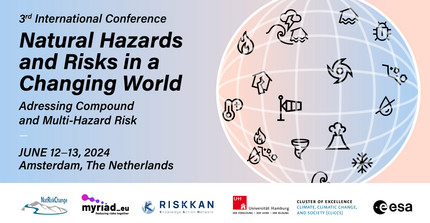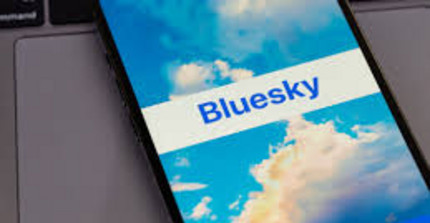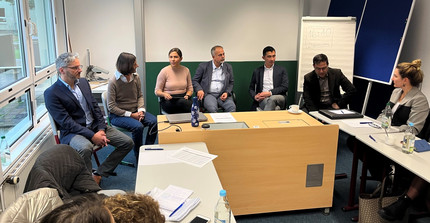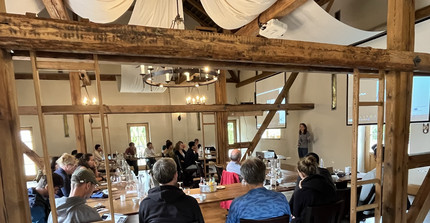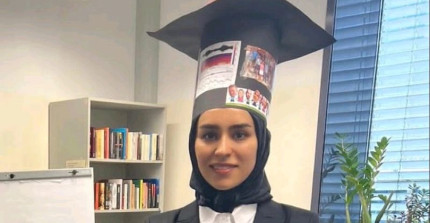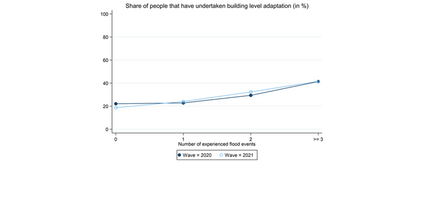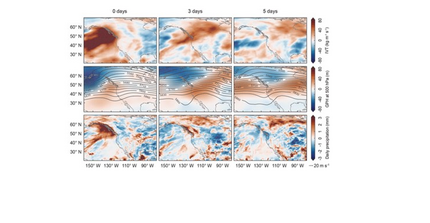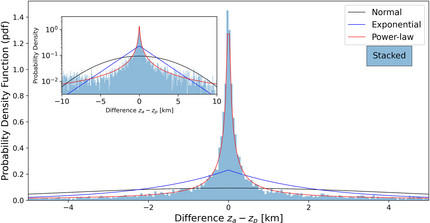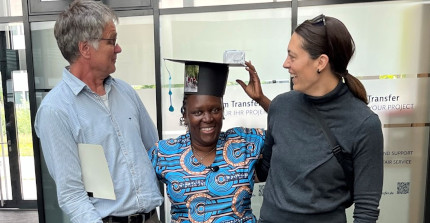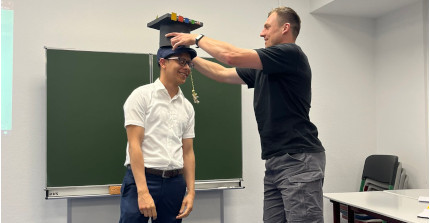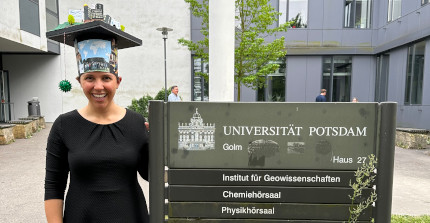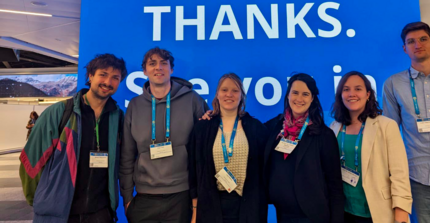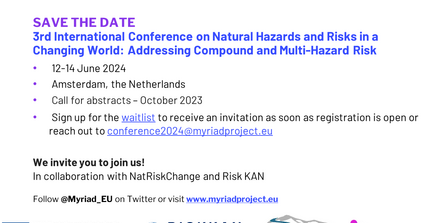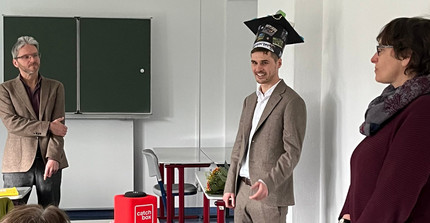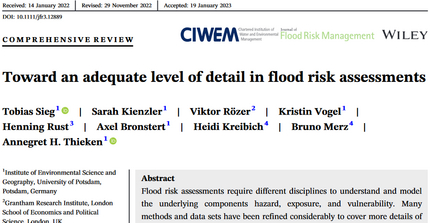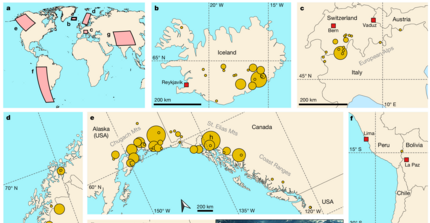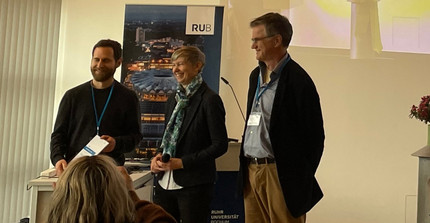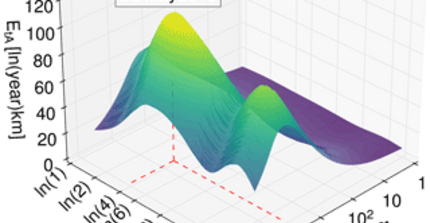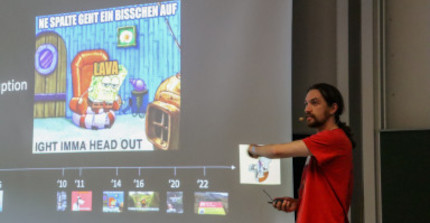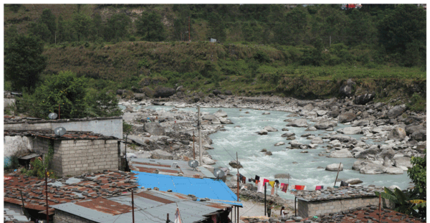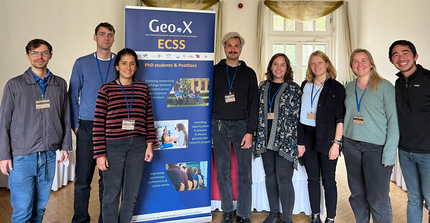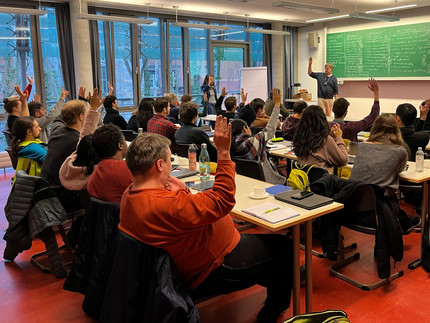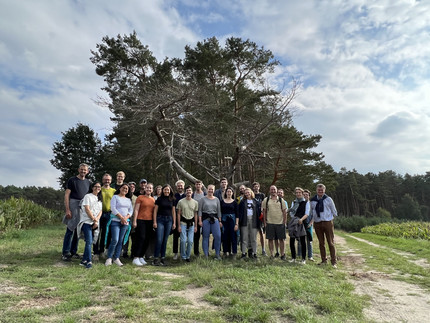The second funding period for the DFG-funded Research Training Group NatRiskChange ended in December 2024.
The final report on the RTG can be accessed here.
Welcome to the RTG NatRiskChange
In the wake of changing hydro-climatological, geo-physical and socio-economic conditions the magnitude, frequency and impact of certain types of natural hazards are likely bound to change as well. This is highly of utmost importance for many regions in the world where risks due to natural hazards have to be managed and mitigated and this is where the research training group “Natural hazards and risks in a changing world (NatRiskChange)” aims to foster the scientific knowledge basis. This research training group started on October 1st 2015 and is funded by the Deutsche Forschungsgemeinschaft DFG. The central goal of NatRiskChange is to pursue the development of methods to improve hazard and risk analysis and quantification based on the transient, non-stationary nature of hazards and risks in response to changing natural and anthropogenically altered components of the Earth system. Key scientific aims are the development, testing, and pilot application of studies on identification, quantification (mechanisms) and prediction of transient natural hazards and associated risks.
NatRiskChange Spring Retreat 2023
On 9 and 10 March, NatRiskChange members and PIs met for the Spring Retreat in Potsdam Griebnitzsee. All members of the third cohort and two associated members presented their work on natural hazards and risks in a series of scientific talks. The interdisciplinary audience was impressed by the great progress that the PhD students had made since last year's Fall Retreat. The first day was rounded off by a productive discussion on what Good Science is. At the end of the second day, the three task force groups presented their plans and ideas for their task forces on natural hazards in Italy, Turkey / Syria and Brazil.
NatRiskChange Fall Retreat 2022 in Niemegk
NatRiskChange PhDs and PIs spent three days together at the NatRiskChange Fall Retreat 2022, with great talks, inspiring discussions, some fun and serious games and a hike through the lovely countryside of Brandenburg. All PhD students from the 3rd cohort and some associated members had the chance to present the current status of their research to the group and discuss open questions. There was plenty of time for getting to know each other, networking and exchanging ideas on the way forward.

